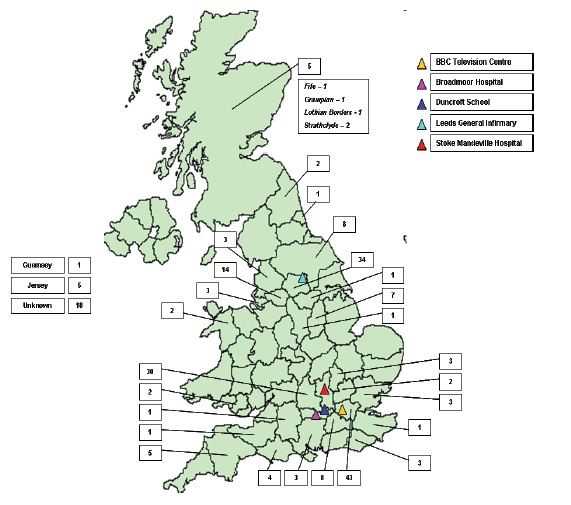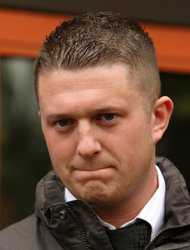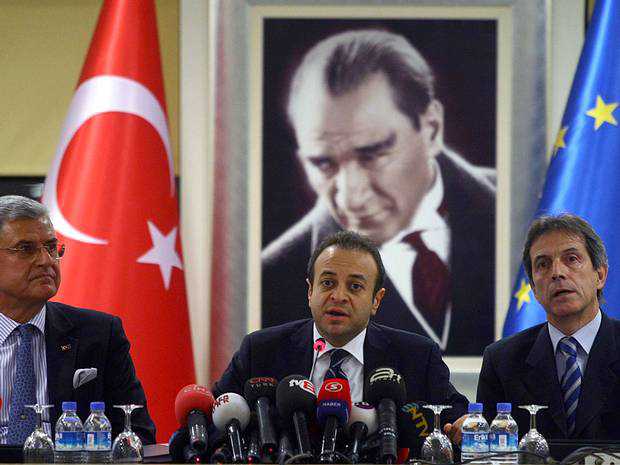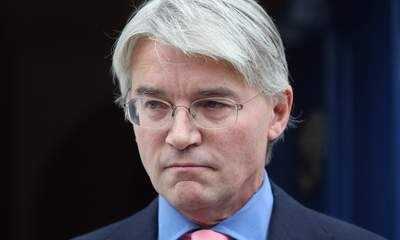 Public confidence in the police has been hurt by a “dangerous cocktail” of controversies including the critical Hillsborough report and Andrew Mitchell “plebgate” row, a senior MP has warned.
Public confidence in the police has been hurt by a “dangerous cocktail” of controversies including the critical Hillsborough report and Andrew Mitchell “plebgate” row, a senior MP has warned.
Labour’s Keith Vaz, who chairs the Commons Home Affairs Committee, also said government restructuring of the service had undermined police morale.
He called for talks between government and police at this “defining moment”.
The Home Office said public confidence in the police remained high.
Mr Vaz’s committee begins an inquiry into police practices next month.
This will look into issues of training, accountability and integrity, and the effectiveness of processes for dealing with internal corruption and malpractice.
Last year former rail regulator Tom Winsor wrote a controversial report into changing police pay and conditions and in June he was appointed Her Majesty’s Chief Inspector of Constabulary for England and Wales, despite criticism by the Police Federation.
Mr Vaz told the BBC: “I believe we have the best police force in the world and the work that is being done up and down the country is cherished by local people.
“But recent events, the Andrew Mitchell issue, the results of the Hillsborough inquiry and the fact that 26 out of the 43 police forces do not have a permanent chief constable – all these factors come together and become a dangerous cocktail.
“We have confidence in the police not being as high as it should be, we have police having little confidence in their jobs, we have half of those surveyed who want to do another job.
“Taken together, this is an important moment and I feel we need to start a dialogue and be very clear over what the police’s responsibilities are in the 21st century.”
‘Too rapid’
Tory MP Andrew Mitchell resigned as chief whip following an accusation that, during an argument while leaving Downing Street on his bicycle in September, he had called police officers “plebs” – a claim he has always denied.
CCTV footage has since emerged appearing to cast doubt on officers’ version of events, and a serving Met police constable has been arrested on suspicion of misconduct in a public office and suspended from duty.
While Mr Vaz acknowledged that some restructuring of policing was needed, he said the government’s changes had been “too rapid and too far-reaching”.
Currently, almost half of officers questioned said they would prefer a different job, Mr Vaz suggested, and more than 90% felt the force lacked government support.
“As any management would tell you, you’ve got to make sure you carry the workforce with you. Unfortunately that is not happening and that is why police morale is at an all-time low.
“I think the government is wrong to be retrospectively changing pension conditions, as the previous Labour government was wrong to stop the annual pay rise they were entitled to a few years ago.”
What was wanted now, he said, was “cool heads, strong leadership” and a proper discussion between the prime minister, force leaders, and the police association the Police Federation.
‘Hard work’
Following Mr Vaz’s remarks, a Home Office spokesman said surveys regularly showed that public confidence in the police remained high.
He told the BBC: “Police reform is working and crime is falling. The police budget is £14bn a year and it’s only right that they should make a contribution to reducing the budget deficit.
“Chief constables are rising to the challenge of making efficiency savings and providing greater value for money.
“We have swept away central targets and reduced police bureaucracy. How the police are deployed, rather than their absolute numbers, is what is key to cutting crime.”
Mr Vaz’s comments come as the Sunday Times reports that the government has released new figures suggesting crime has fallen by 10% in 19 out of 43 police forces in England and Wales, despite budget cuts.
Police minister Damian Green told the paper: “These statistics prove what we have said all along. It is possible to reduce spending while maintaining and even improving the service given to the public.”
The Police Federation’s new chairman Steve Williams was quoted as saying: “These figures, whilst a snapshot, are testament to the hard work and dedication displayed by police officers who, when faced with challenges, rise deftly to meet them.”
The Association of Chief Police Officers said the relationship between the public and police was very durable and there was evidence, such as from the British Crime Survey, which showed public confidence in policing had remained stable.
A spokeswoman said: “Police officers and staff take huge pride in the job they do and while this is a time of reform and tough financial decisions, their commitment to serve the public remains absolutely wholehearted.”
BBC
 The Operation Yewtree report shows how Savile’s victims ranged from eight to 47 years old, including 174 females and 40 males.
The Operation Yewtree report shows how Savile’s victims ranged from eight to 47 years old, including 174 females and 40 males.




